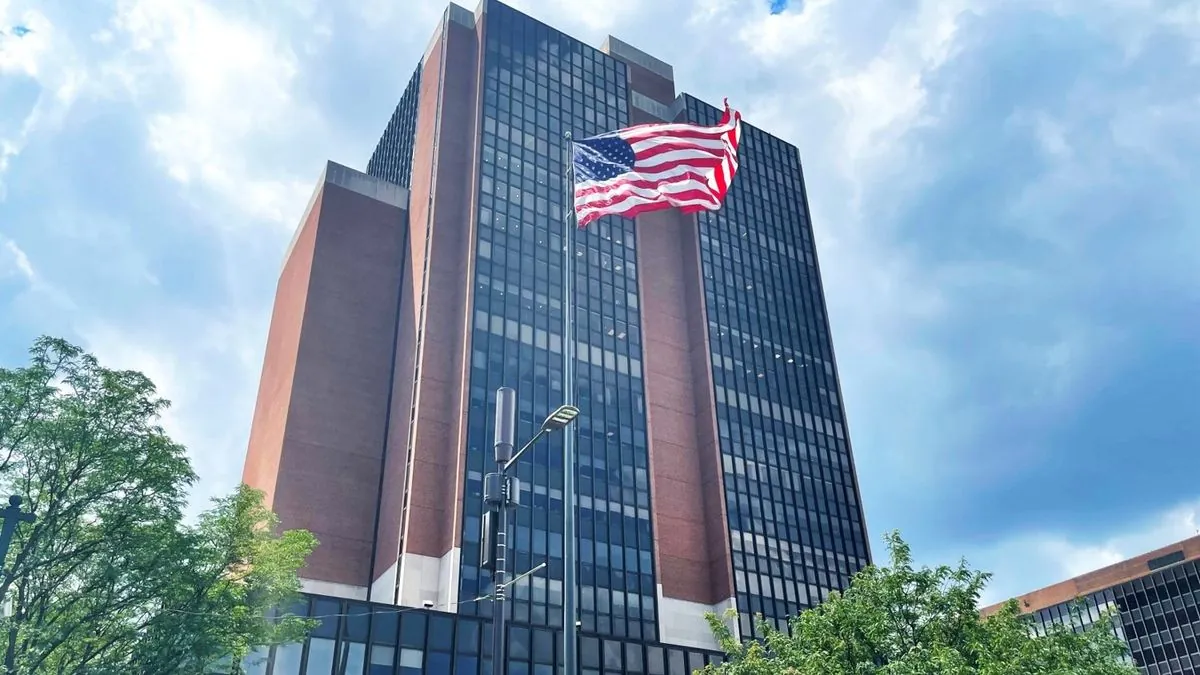Texas Firm Challenges Lawsuit Transfer in PCAOB Authority Dispute
An anonymous Texas accounting firm petitions to keep its lawsuit against the Public Company Accounting Oversight Board in Texas, highlighting a debate on jurisdiction for challenges to government actions.

An anonymous Texas-based accounting firm has recently petitioned the 5th U.S. Circuit Court of Appeals, contesting the transfer of its lawsuit against the Public Company Accounting Oversight Board (PCAOB) to Washington, D.C. This case marks the third instance in recent months where the conservative appeals court has been asked to reclaim authority over litigation challenging federal regulators.
The firm, identified only as John Doe Corporation, argues that U.S. District Judge Lee Rosenthal of Houston disregarded a standing order requiring a 21-day appeal period before transferring cases outside the 5th Circuit. The plaintiff's legal team, comprising attorneys from Dickinson Wright and the New Civil Liberties Alliance, contends that Texas courts should adjudicate the case based on its merits.
This jurisdictional dispute underscores a broader debate about the appropriate venue for lawsuits challenging government actions. The PCAOB and other federal entities advocate for centralized litigation in Washington, D.C., citing the expertise of local judges in administrative law and the potential for efficient, consistent resolutions. Conversely, plaintiffs like John Doe Corporation argue for a decentralized approach, allowing diverse courts to contribute varied perspectives on crucial issues.

The 5th Circuit has previously supported keeping similar cases within its jurisdiction. In March 2024, the court ruled against transferring a lawsuit involving the Commodity Futures Trading Commission's stance on the PredictIt platform. Similarly, in June 2024, it prevented the transfer of the U.S. Chamber of Commerce's lawsuit against the Consumer Financial Protection Bureau regarding credit card late fees.
John Doe Corporation's case presents compelling arguments for Texas jurisdiction. The firm and its partners are based in Texas, and all records pertinent to the PCAOB's investigation of the firm's crypto-related audits are located within the state. Despite these factors, Judge Rosenthal transferred the case to Washington, D.C., a decision the plaintiff's legal team describes as "surreal."
The case has attracted significant attention, with the U.S. Department of Justice intervening to defend the constitutionality of the Sarbanes-Oxley Act, which established the PCAOB in 2002. This legal challenge raises important questions about the delegation of authority to quasi-private entities like the PCAOB and the broader implications for regulatory oversight.
"Under their theory, any constitutional challenge can only be heard by the D.C. Circuit. All of the facts support jurisdiction and venue only being appropriate in the Southern District of Texas."
As the legal proceedings unfold, this case continues to highlight the ongoing tension between centralized and decentralized approaches to adjudicating challenges to government actions. The outcome may have far-reaching implications for future litigation strategies and the balance of power between federal regulators and the courts.


































